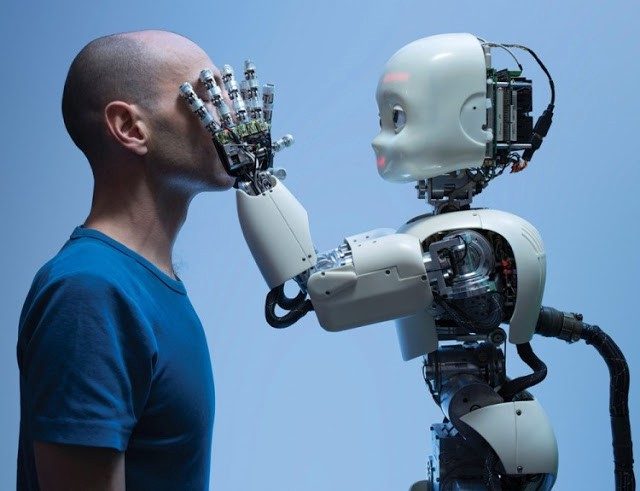Imagine going for a check‑up and your doctor saying: “Based on your medical history, lifestyle, and other data, here are the top five diseases you’re likely to develop in the next 10‑20 years—and what you could do now to reduce those risks.” That’s no longer science fiction. Scientists have built an AI model now powerful enough to make long‑term disease predictions across more than a thousand conditions.
The AI is called Delphi‑2M. It was developed by researchers at the European Molecular Biology Laboratory (EMBL), German Cancer Research Centre, and the University of Copenhagen. They trained it using anonymised health‑records from about 400,000 people in the UK Biobank, and then tested its performance on about 1.9 million people from Denmark’s national patient registry.
What makes Delphi‑2M special is how it works:
-
It doesn’t just predict a single disease, but many diseases at once, taking into account an individual’s past disease history, age, sex, body mass index (BMI), and habits like smoking or alcohol use.
-
It forecasts disease probabilities over long horizons—up to 20 years ahead. It tries to estimate not only if someone might develop a disease, but when.
-
It also gives insights into clusters of diseases that tend to co‑occur, and how certain past medical events might influence future risks. This is thanks to “explainable AI” tools built into the system.
But the model isn’t perfect. For example:
-
Its predictions are more reliable in the shorter term than far into the future. Accuracy tends to drop the further out the prediction.
-
Rare diseases or those heavily influenced by environmental triggers or unknown causes remain harder to predict well.
-
There are also concerns about biases in the data: the model learned from populations in the UK and Denmark—so its performance and fairness in other populations (say, in Africa, Asia, Latin America) still needs careful evaluation.
If fully refined and validated, Delphi‑2M could change how we do preventive medicine. It might allow doctors to catch risks earlier, tailor lifestyle and treatment advice more precisely, and help public health systems plan better. The scientists say it may take 5‑10 years before this kind of tool is safe and robust enough for use in clinics.
This development raises big ethical, privacy, and policy questions too. Who owns your health‑trajectory data? How do you prevent misuse or discrimination if a prediction shows a high risk for a debilitating disease? How do you ensure people outside wealthy countries also benefit? These are issues the research community is already discussing.
As AI tools like Delphi‑2M move from lab‑to‑clinic, the hope is that people will stop being passive in their health futures, and start seeing themselves as able to steer toward better outcomes. But whether societies, regulators, and medical systems are ready for that shift remains an open question.










